Words of wisdom and miscellaneous facts by Dr. Wysong and others.
This is an accumulation over several decades and the accuracy cannot be attested to.
Wysong vs Nemos Bible Debate
COSMOLOGY LIES AS BIG AS THE UNIVERSE
⬇️ Click to scroll down to article
"We'll know our disinformation program is complete when everything the American public believes is false."
—William Casey CIA director 1981
The bigger the lie the greater its acceptance because people cannot believe authority figures would ignore reality.
To find truth we must hate the lie more than love accepted beliefs.
Fraud vitiates everything it touches. (common law maxim) Nudd v. Burrows (1875) 91 U.S. 416.
Fraud destroys the validity of everything into which it enters. Boyce's Executors v. Grundy (1830) 28 U.S. 210.
Fraud vitiates the most solemn contracts, documents and even judgments. United States v. Throckmorton (1878) 98 JU.S. 61.70.
FORWARD
The accepted cosmogony/cosmology (origin and nature of the universe) belief is:
—William Casey CIA director 1981
The bigger the lie the greater its acceptance because people cannot believe authority figures would ignore reality.
To find truth we must hate the lie more than love accepted beliefs.
Fraud vitiates everything it touches. (common law maxim) Nudd v. Burrows (1875) 91 U.S. 416.
Fraud destroys the validity of everything into which it enters. Boyce's Executors v. Grundy (1830) 28 U.S. 210.
Fraud vitiates the most solemn contracts, documents and even judgments. United States v. Throckmorton (1878) 98 JU.S. 61.70.
FORWARD
The accepted cosmogony/cosmology (origin and nature of the universe) belief is:
A Big Bang of nothing created an infinite meaningless universe containing atomic dust that gravitationally accreted into heavenly bodies including our Earthball moving in several different directions at 2.8 million mph and holding an atmosphere next to the vacuum of space while spontaneously forming life from primeval sludge that then evolved into complicated rocks called humans with no free will.
Long ago it became clear to me that the materialistic evolutionary part of that credo was false.
But I was on board with the cosmology part. After all, we see rocket ships going to and fro, there is a "Space Force," pictures of Earth and planets abound, astronauts float around and in the International Space Station, thousands of people and billions of dollars support it, and, of course, "all" the experts believe.
To question this is to be a conspiracy theorist, misinformationist, or even a lunatic. Oh my, we must, after all, follow the crowd.
The idea that we are being lied to about space didn't even enter my mind until a few months ago when what was left of my naive and trusting innocence had been totally demolished with the COVID-19 fraud.
We, the crowd, extend our trust to institutions charged with looking after our interests. But government, Big Medicine, education, media, industry, Big Tech, science, and NASA chase money, their own security, and even power over us.
That should not inspire confidence in beliefs they create, promote, protect with censorship, and even demand acceptance of.
If we want truth, we have to find it ourselves. To do that requires the opposite of trusting in others. It means sleuthing what the powers that be try to hide from us in internet archives, banned videos, censored "disinformation," and what "fact checkers" say isn't so.
Probing into the subject I was stunned to learn that:
That means unproven beliefs, stories, and even fakery are being passed off as science and truth.
This subject may seem inconsequential to everyday life. But that's only true if we aren't being lied to about it. If the truth is being hidden from us, we can be sure of one thing, it's not being done for our benefit.
Truth seekers learn that the scale and ostentatiousness of lies being fed to us means nothing can be tacitly trusted.
Everything of importance from government, media, industry, medicine, education, economics, science, history, religion, and popular society must be assumed to be false unless we prove otherwise by doing our homework and thinking critically.
This series will provide wake-up information to help you discover lies as big as the universe.
But I was on board with the cosmology part. After all, we see rocket ships going to and fro, there is a "Space Force," pictures of Earth and planets abound, astronauts float around and in the International Space Station, thousands of people and billions of dollars support it, and, of course, "all" the experts believe.
To question this is to be a conspiracy theorist, misinformationist, or even a lunatic. Oh my, we must, after all, follow the crowd.
The idea that we are being lied to about space didn't even enter my mind until a few months ago when what was left of my naive and trusting innocence had been totally demolished with the COVID-19 fraud.
We, the crowd, extend our trust to institutions charged with looking after our interests. But government, Big Medicine, education, media, industry, Big Tech, science, and NASA chase money, their own security, and even power over us.
That should not inspire confidence in beliefs they create, promote, protect with censorship, and even demand acceptance of.
If we want truth, we have to find it ourselves. To do that requires the opposite of trusting in others. It means sleuthing what the powers that be try to hide from us in internet archives, banned videos, censored "disinformation," and what "fact checkers" say isn't so.
Probing into the subject I was stunned to learn that:
| Nobody, including any scientist, can prove any aspect of the approved cosmogony/cosmology belief using experimentation and the scientific method. |
That means unproven beliefs, stories, and even fakery are being passed off as science and truth.
This subject may seem inconsequential to everyday life. But that's only true if we aren't being lied to about it. If the truth is being hidden from us, we can be sure of one thing, it's not being done for our benefit.
Truth seekers learn that the scale and ostentatiousness of lies being fed to us means nothing can be tacitly trusted.
Everything of importance from government, media, industry, medicine, education, economics, science, history, religion, and popular society must be assumed to be false unless we prove otherwise by doing our homework and thinking critically.
This series will provide wake-up information to help you discover lies as big as the universe.
"We'll know our disinformation program is complete when everything the American public believes is false."—William Casey CIA director 1981
"We know they are lying, they know they are lying, they know we know they are lying, we know they know we know they are lying, but they are still lying."—Aleksandr Solzhenitsyn
"We know they are lying, they know they are lying, they know we know they are lying, we know they know we know they are lying, but they are still lying."—Aleksandr Solzhenitsyn
|
2/12/2019
Click to enlarge, Ctrl + to enlarge further; Ctrl 0 to return to 100%
Don't let this title scare you. The takeaway from this chapter—things can't come from nothing and things get messy—is so simple every child knows it.
Materialism means that physical reality holds within itself the capability to cause the origin of itself and the universe. Moreover, matter, energy, and natural laws serve as the only needed raw materials for the appearance of the universe and life and its transformation into increasingly complex organisms. The First Law of Thermodynamics Evolutionists ignore the problem of the origin of their starting materials. They are taken as freebies, reminding me of a joke. It goes something like this: A materialist was explaining to school children that the origin of the universe was no big deal. A student remarked, "Well then how would you do it?" The teacher said, "Sure thing, first you start with some dust . . ." The student interrupts, "Hold on! Get your own dust." Natural laws, energy, and matter must be accounted for but there is nothing within them that can account for their own origin. Moreover, the first law of thermodynamics, also known as the law of conservation of energy, states that energy can neither be created nor destroyed. Energy can be thought of as matter (mass) since Einstein showed the two to be equivalent in the famous equation: E=MC². This means matter (mass) can be energy and vice versa: M=E/C² (C is the velocity of light). If energy (matter) cannot be created, the universe (including us) made of energy (matter) should not exist. But it does. Thus, the materialistic tenet that the universe appeared spontaneously from nothing violates the First Law of Thermodynamics, a known truth. Ideas that contradict truth are false. The Second Law of Thermodynamics Even if we allow materialists to have starting materials and laws for a Big Bang, nothing is solved. In fact, things get even worse. That's because abiogenesis and evolution means a progression from simple to complex. First, natural laws had to emerge from nothing. Then energy from nothing. Then atoms, perpetually moving and energized dynamos, had to appear. A Big Bang explosion had to form everything else using unaccounted for preexisting natural laws, thermal noise (energy), and hydrogen gas (matter). Then simple atoms had to combine to form cells and then humans. The most apparent question is, hearkening to our common sense, how can these transformations be true when they contradict what we observe and experience in everyday life? We don't see (keep in mind that science is observation) natural laws, energy, or atoms coming into existence from nothing and then further organizing. Rather, things rust, decay, break, fall apart, get disorganized and messy. Functionally complex things turn into dust; dust does not turn into increasingly functionally complex things.
Science backs up our common sense and experience.
The Second Law of Thermodynamics demands that things proceed to maximum disorder. According to this law, the entire universe is headed one way with time's arrow: toward a bleak, dark, cold, uniform equilibrium of randomness. The reverence that working scientists have for the Second Law is typified by the famed Sir Arthur Eddington: " . . . a supreme metaphysical law of the entire universe . . . If your theory is found to be against the Second Law of Thermodynamics, I can give you no hope, there is nothing for it but to collapse in deepest humiliation." It is the Second Law that prevents perpetual motion machines. No matter how efficient a machine is made, it eventually wears down, degrades, and disassembles. Leonardo da Vinci (1494) wrote: "Oh ye seekers after perpetual motion, how many vain chimeras have you pursued? Go and take your place with the alchemists." Now then, if great minds over the course of centuries can't defy nature's Second Law, unattended nature most certainly wouldn't either. But defying the Second Law is exactly what the alchemy of materialism means. Against the backdrop of a universe that is headed inexorably toward absolute chaos, evolutionists contend that atoms, energy, and then biology do cartwheels uphill over every other spontaneous material thing headed thermodynamically downhill.
To counter this, materialists say the law only applies to "closed" thermodynamic systems. They argue that life could emerge and evolve on Earth because it is not closed. It is open to the energy from the sun. But they fail to prove that sunbeams can cause atoms to aggregate into living cells, or those cells complexifying into the myriad life forms on the planet. In effect, their argument voids the second law and would permit the spontaneous appearance of computers, space ships, or the assembly of landfills into cities. All that would be needed would be atoms and sunbeams.
The existence of the tremendous functional complexity of life in the context of a universe that is infected with a thermodynamic virus causing universal degradation and uselessness presents a conundrum. Since evolution means simple to complex, the very material science evolution hails, including the Second Law, is the very science that denies the possibility of evolution.
Another problem is presented in that evolution demands an infinitely old universe. But the Second Law says that if the universe is infinitely old, the order that we see in it—planets, galaxies, hot spot stars, and us—would have long since breathed its last gasp and now be absolutely cold and without order. Everything should be just a homogeneous mix of energy and elementary particles evenly distributed throughout the universe. But that's clearly not the case. The inference from the Second Law is that since all things run down, they all must be wound up to start. A sufficient winder upper can't be matter/energy itself since that's the stuff for which we're trying to account. And besides, the Second Law governs matter and says it cannot wind up all on its own, but must instead wind down. Therefore, the fundamental materialistic tenet that things spontaneously increase in order and complexity violates the Second Law of Thermodynamics, a known truth. Ideas that contradict truth are false. On the other hand, a creative intelligence not bound by the laws of thermodynamics is a sufficient explanation for the incredible functional complexity of the universe and life. This conclusion doesn't require any religious predisposition nor does it foster one. We're simply letting known truths speak to us. Any materialist who disagrees is free to prove by evidence or experiment that complex things on the scale of complexity found even in the simplest living organism can arise spontaneously. So far, in spite of millions of pages of scientific literature and hundreds of years, nada, nothing. Just proclamations about how true evolution is. That's faith, not science. If you agree, disagree, have questions, or have a correction please let me know. Comment below or email me at [email protected]
Leave a Reply. Choose Any Name
Comments
|
Solving the Big Questions
SECTIONSA: SEARCHING FOR TRUTHB: ORIGINS C: THE FINGERPRINT OF MIND D: RELIGION E: THE REAL REALITY F: OUR TRUE NATURE AND DESTINY CHAPTERSIntroduction1. Rules for Finding Truth 2. Truth Is Real and Accessible 3. Origin Choices 4. The Laws of Thermodynamics 5. The Law of Information 6. The Law of Impossibility 7. The Law of Biogenesis 8. The Laws of Chemistry 9. The Law of Time 10. Fossil Problems 11. Have Humans Evolved? 12. Are We Selected Mutants? 13. Favorite Evolution Proofs 14. Why Materialism Is Believed 15. Free Will Proves Creation 16. Design 17. Biological Machines 18. Nuts, Bolts, Gears, and Rotors Prove Intelligent Design 19. Humans Defy Evolution 20. The Anthropic Universe 21. Evolution’s Impact 22. Putting Religion on the Table 23. How Religion Begins and Develops 24. Religions Cross Pollinate 25. Gods Writing Books 26. Questionable Foundations of Christianity 27. How Best to Measure Holy Books 28. The Ultimate Holy Book Test 29. Religion Unleashed 30. End(s) of the World 31. Defending Holy Books 32. Faith 33. The Source of Goodness 34. Matter is an Illusion 35. Weird Things Disprove Materialism 36. Even Weirder Things 37. Creature Testimony 38. Personal Weirdness 39. Proving Weird Things 40. Skeptics and Debunkers 41. Free Will Proves We Are Other 42. Mind Outside Matter 43. Death is a Return 44. Life After Death 45. Why There is Suffering 46. What the Creator Is and Is Not 47. Thinking’s Destination $1 Million Reward Figures |


 YouTube
YouTube Podcast
Podcast
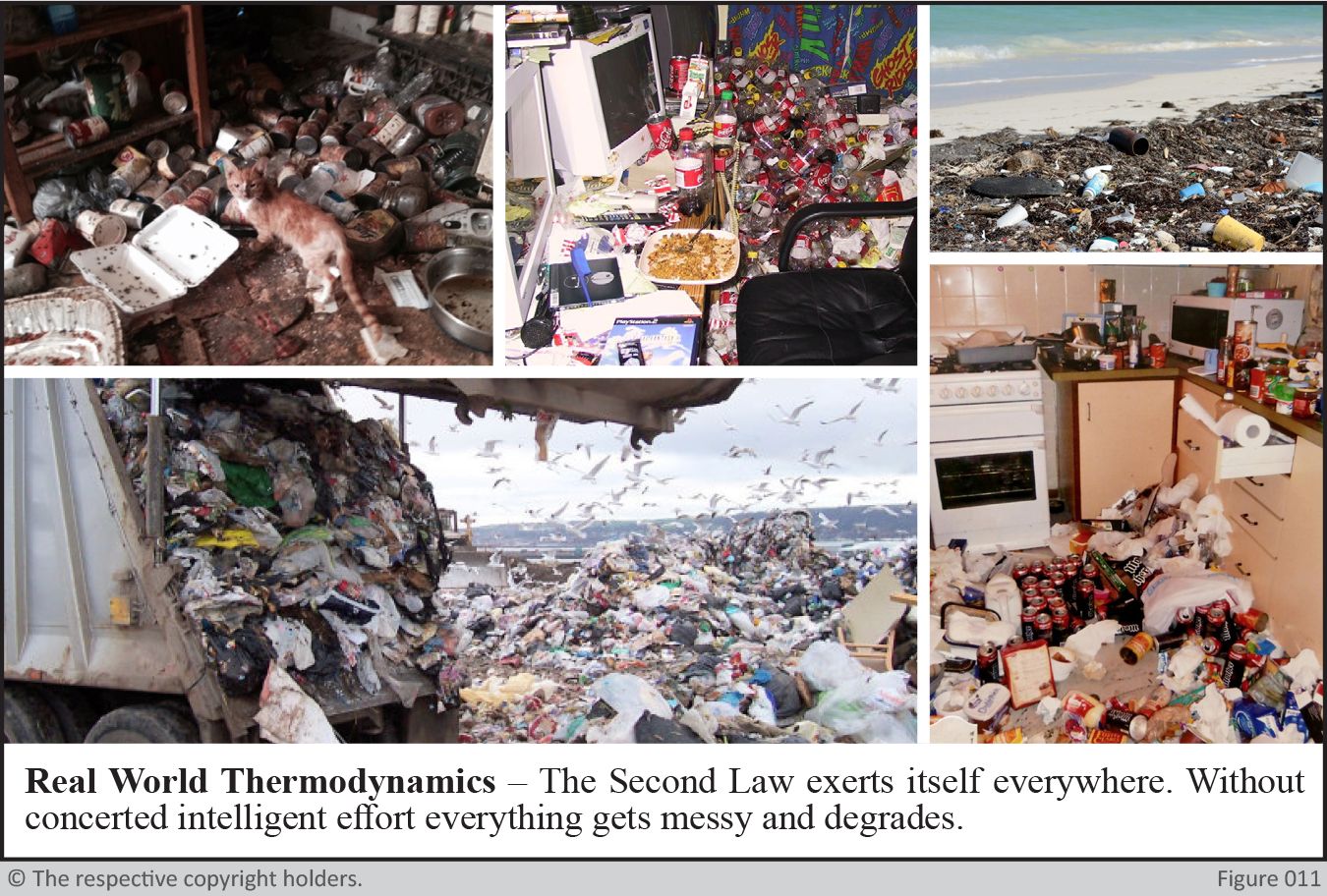
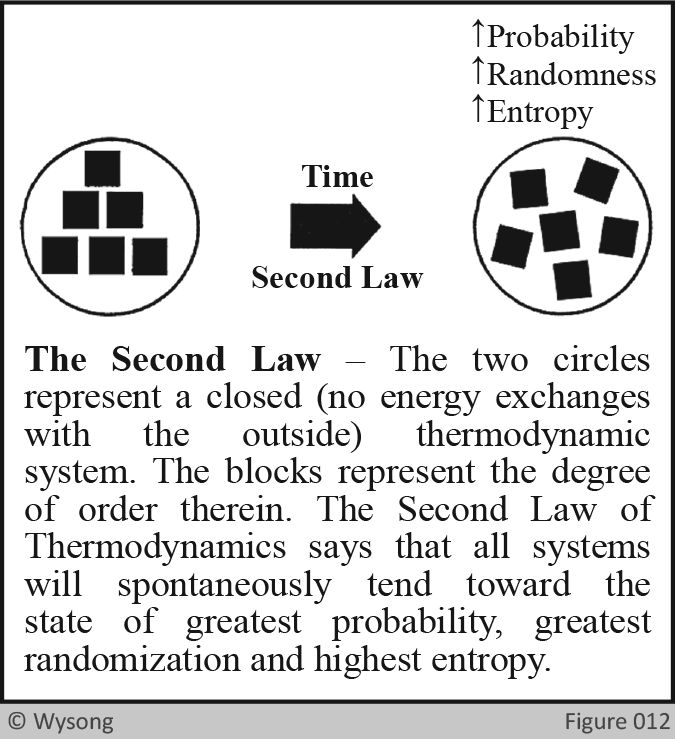
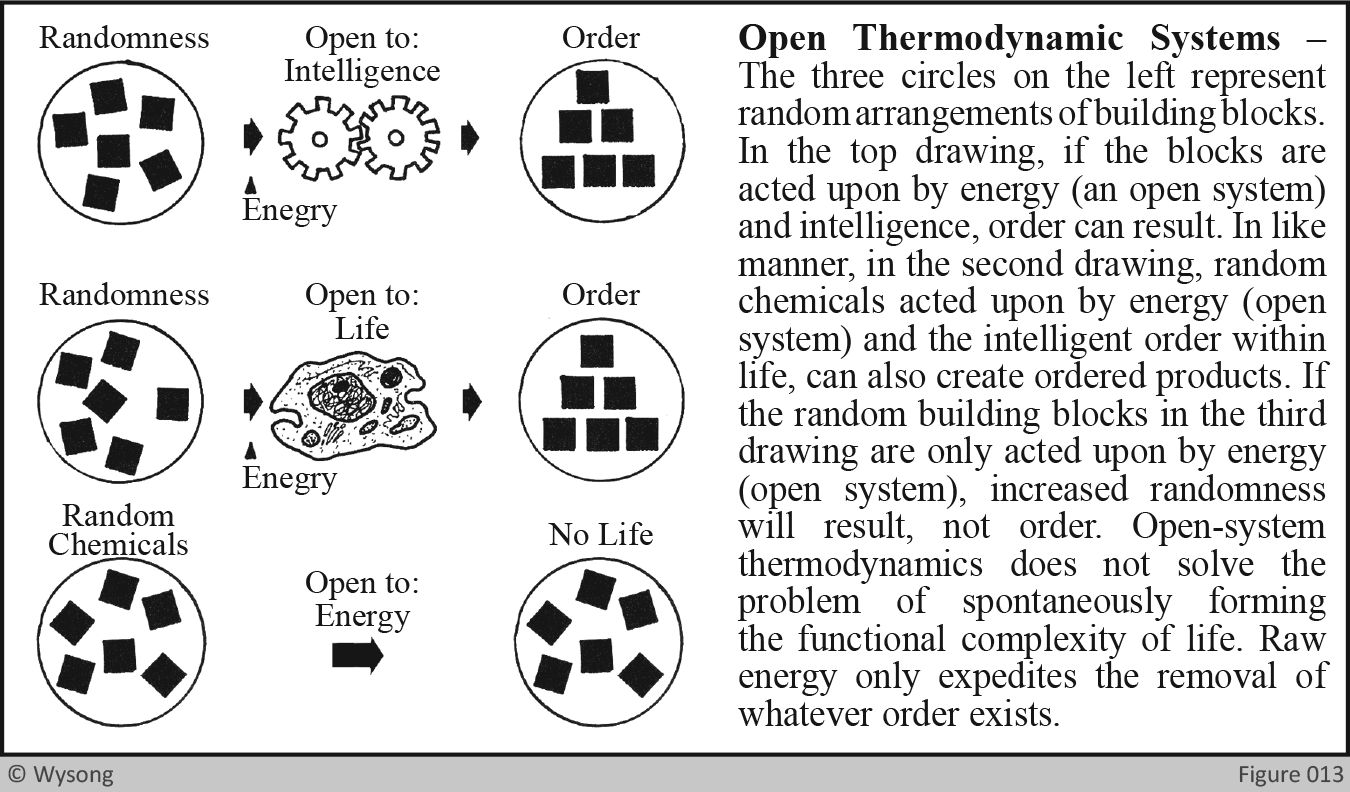
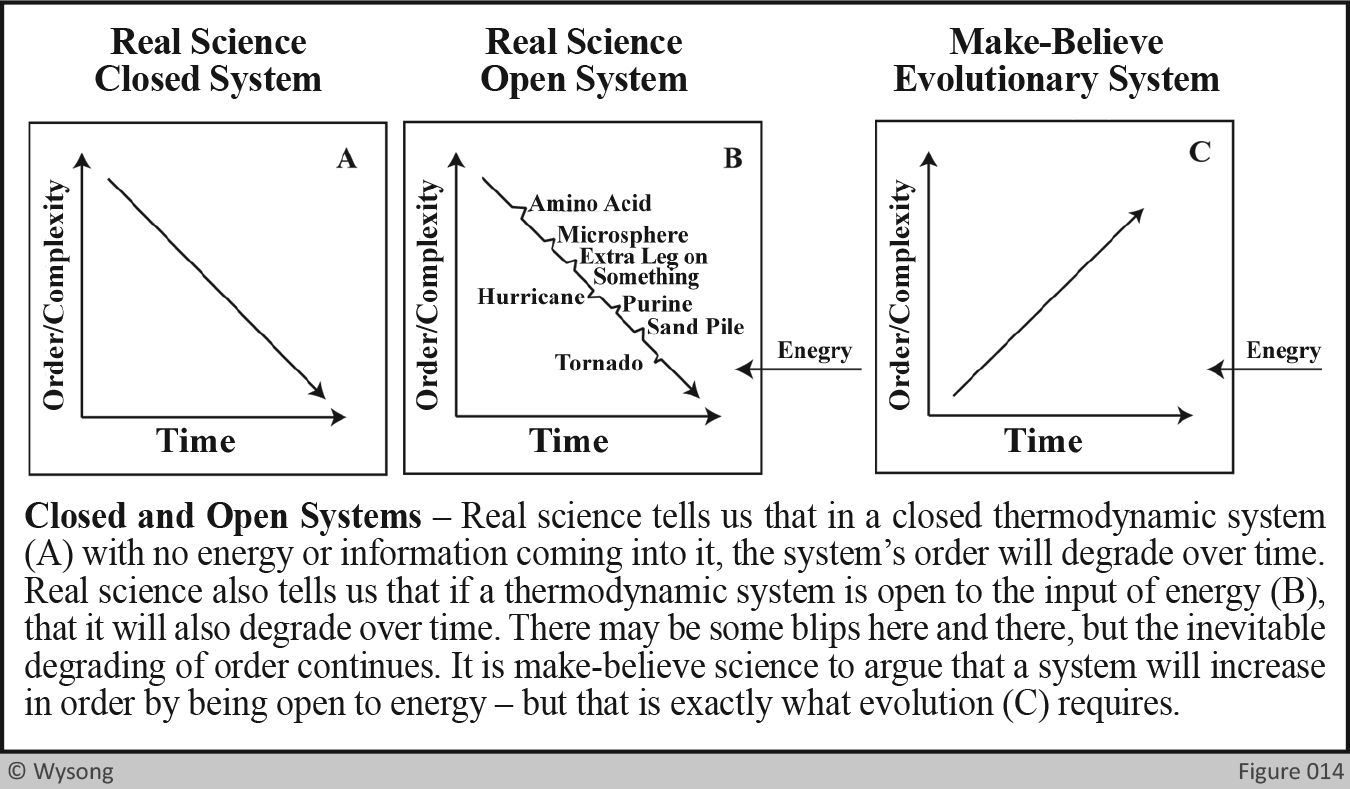
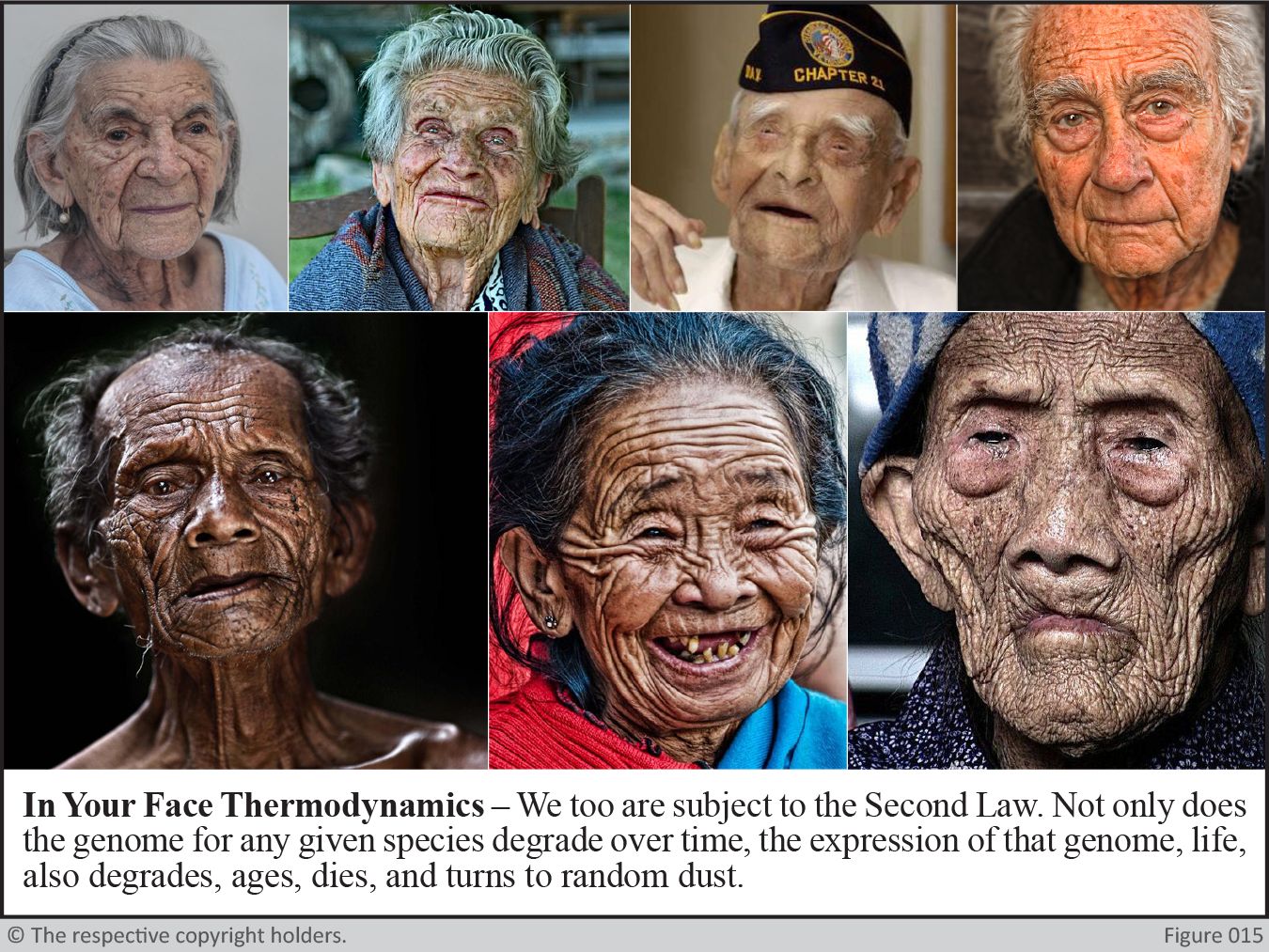
 Twitter
Twitter
0 Comments